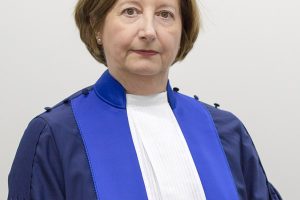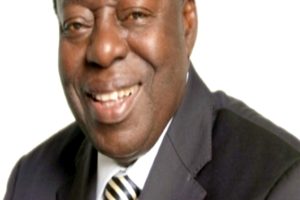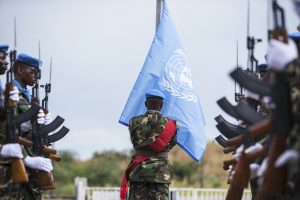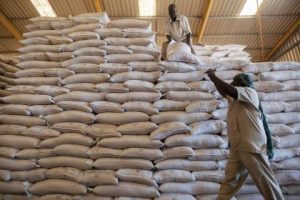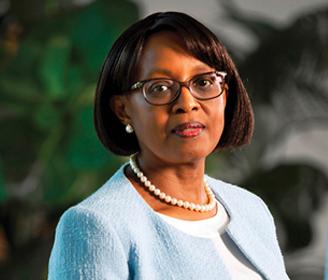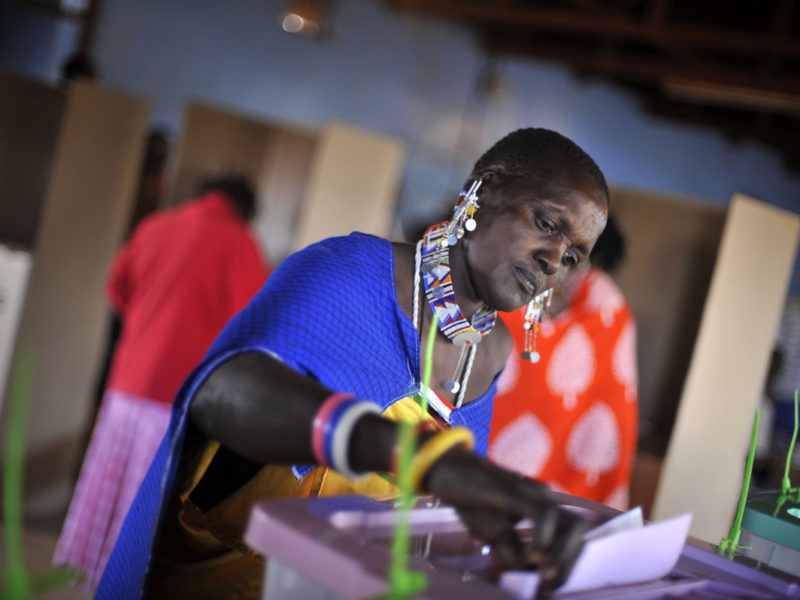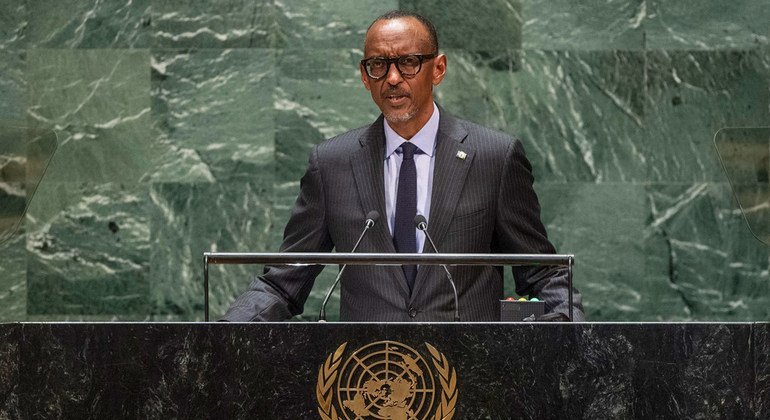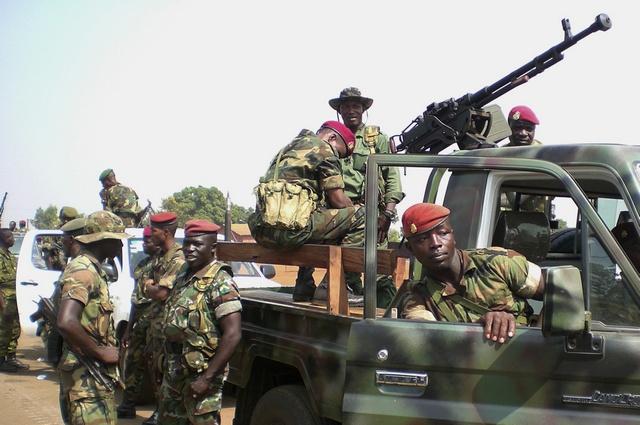February 14, 2022

Image: ICC
JUDGES at the International Criminal Court (ICC) in The Hague have rejected a claim for compensation by Charles Blé Goudé, a former Minister of Sports and Youth in Cote d’Ivoire, who was acquitted by the Appeals Chamber in April last year for crimes allegedly committed during post-electoral violence in the country between December 2010 and April 2011.
Blé Goudé, who filed his request for compensation on September 14, 2021 under Article 85 of the Rome Stature of the ICC, was charged alongside Cote d’Ivoire’s ex-president, Laurent Gbagbo, who was also freed.
According to the Article, “in exceptional circumstances, where the Court finds conclusive facts showing that there has been a grave and manifest miscarriage of justice, it may in its discretion award compensation to a person who has been released from detention following a final decision of acquittal”.
But the judges however pointed out that this should not be interpreted as providing a right to compensation in all cases resulting in an acquittal.
The judges added that a “failed” prosecution did not necessarily mean that the prosecution was “wrongful”, irrespective of whether the accused spent time in detention.
To consider that “a grave and manifest miscarriage of justice” took place there must be concrete evidence of a violation so serious and exceptional resulting in the proper administration of justice being compromised, the judges said.
They examined the stages during which the Prosecution allegedly failed to act with due diligence, arguing that at each stage of the proceedings a chamber had oversight over the process, and the actions of the Prosecution were scrutinised.
The fair trial rights of Blé Goudé were thus safeguarded during the criminal proceedings rather than impeded upon, the judges said.
They concluded that the Prosecution’s actions did not rise to the level of a wrongful prosecution and no other form of a grave and manifest miscarriage of justice had been shown to have taken place.
Blé Goudé’s request was therefore dismissed.
From January 28, 2016, the Prosecution spent 231 hearing days presenting its evidence against Blé Goudé and Gbagbo, with 82 witnesses testifying in court and through video link.
Thousands of documents were submitted in evidence, and hundreds of motions, requests and decisions were filed.
After the three-year trial, the two men were found not guilty by Trial Chamber 1 on January 15, 2019.
After the acquittal, their lawyers were surprised when they were kept in detention while the Prosecutor appealed, a decision that legal experts said was unprecedented.
The Ivorian politicians were later released but restrictions were placed on their movement, with the ICC ordering them not to “travel beyond the territorial limits of the municipality of the receiving state without the explicit and prior authorisation of the Court”.
They were also ordered to hand over their passports.
Gbagbo went to Belgium while Blé Goudé stayed in The Hague.
The travel constraints had been imposed because, it was argued, the two men were supposed to make themselves available for the appeal hearing.
All restrictions were eventually lifted after their acquittal by the Appeals Chamber, and Blé Goudé and Gbagbo were free to return to Cote d’Ivoire where the former president launched a political party last year.
Hits: 0





